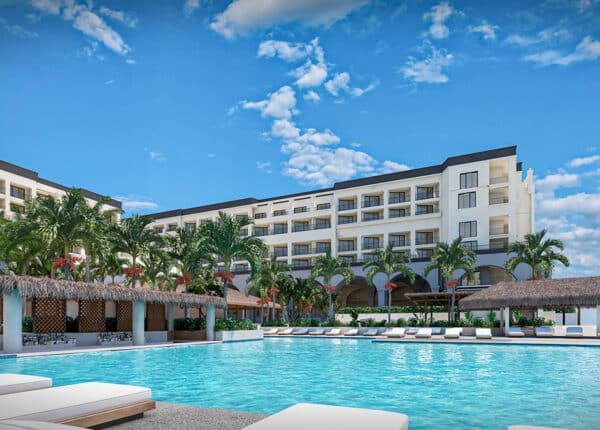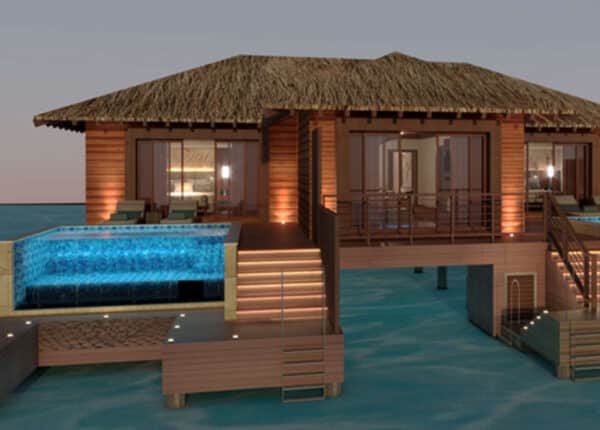By Dennis Chung
CJ Contributor
LAST month I was a member of the delegation that visited Cuba with Jamaica Health Minister Dr Fenton Ferguson to look at that country’s preparation for Ebola, and thus take back some lessons for implementation in Jamaica.
There is no doubt that even though Ebola is unlikely to penetrate the Caribbean region, the fact is that the consequences of it doing so are so harmful that it is important for us to do everything to prevent it. In the unlikely event that it does enter the region, it is imperative that we contain it quickly.
This was my first visit to Cuba, and I was very impressed with how organized they are, and their approach to confronting challenges. The team did learn a lot from the visit, and the hospitality of the Cubans was outstanding.
One could argue that the system of government, and the resulting effect on the standard of living leave much to be desired. However, that is not what I want to focus on, as I think there are some very important lessons for us to learn from them.
We did learn a lot about the Ebola virus and how to prepare for it, including the systems to use. However, the main lesson for me went far beyond Ebola. It was the fact that there exists a well-ordered and disciplined society, and that the people seemed to take a lot of pride in what they do and strive for perfection. This, of course, can only come through years of instilling this culture.
The truth is that this type of order exists in countries like the US also, and this is primarily because they ensure the enforcement of law and order, not unlike in Cuba, although in a more democratic way. The level of order and discipline in both societies can only come through the authorities ensuring that they enforce laws.
It seemed to me that it does not matter how many conferences we go to or how many laws we have on the books, if we do not ensure that there is order, which is enforced in a fair and swift manner, then we will never be able to realize our full potential as a country.
The first thing is that, even though we were on an official visit — where you are usually ushered through immigration quickly — the Cuban immigration authorities spent time with each member of the delegation quizzing us about our travels and whether we had visited West Africa.
I am sure that they had some indication of whether we had or not, as they went through our passports thoroughly, but may have used the questions as a way of confirming our honesty. The fact, though, is that they ensured that the system of screening applied to everyone, as border control seemed extremely important. They later advised that this level of scrutiny was applied to anyone entering Cuba.
I was also impressed by the fact that for them, 8:30 am did not mean 8:31 am. In other words, there was a lot of respect for time, and everyone with whom we spoke was very knowledgeable and very comprehensive in their analysis.
So they thought about everything that could possibly go wrong, so that every system they had in place was there for a reason, down to how they put on and took off the hazmat suits. They also had a true centralized system of operations and included a wide cross section of people in their deliberations.
The health system is also very well organized, so that each region has a hospital and each hospital has around 25 doctors, who live in the communities where they work, and each deals with about 1,200 patients, so they know each patient very well. This may not work in our system of competition and a broken health care system. However, it shows that health care is a national priority and must be seen as critical for development.
I was also very impressed with the fact that they don’t allow the deterioration of the infrastructure, which is also very well organized. There are many parks for communities and the roads are organized for cyclists, pedestrians and vehicles. Quite a contrast to Jamaica where it’s every man for himself.
I noticed, also, that the Cubans are very active in restoring the buildings in Old Havana to their original architectural design, as they recognize the value of this as a tourist attraction. I often wonder when I see the historical pictures of downtown Kingston why we never did that, not to mention Port Royal and the value that would have had as a tourist attraction.
It is this lack of discipline and order in Jamaica that, in my view, has been the primary reason for our economic and social decay. For example, we love to speak about major crimes like murder, but we never seem to realise the link between murder and general lack of discipline and law and order. In other words, how can we solve crime if everyone is allowed to do what they want when driving, throw garbage anywhere they want, or play music at whatever level they want or whenever they want?
Or how can we solve crime when it takes years to get a case through the courts, or there is no equity in justice, as in case of Mario Deane and others held in prisons for long periods without a trial.
How do we talk about economic development when there is no proper monitoring of the zoning laws by the parish councils, leading to improper competition? Or how can we see an increase in productivity when the bureaucracy of the public sector takes hours to deal with one transaction, or it takes each of us 368 hours per year to pay taxes?
The truth is that, unless we can address the problem of a dysfunctional society, in terms of law, order, and values, and unless there is accountability for actions, then we will not realize the potential we need for sustainable economic and social development.
Each citizen, of course, has a big role to play, and I am reminded of this when I see how much garbage gets into the gullies and onto the beaches. It is just plain lack of any respect for self why we as a people throw garbage on the roads, but maybe this is a reflection of the pride some of us have in ourselves.
So while the trip to Cuba did produce valuable lessons about the Ebola situation, more importantly it showed me that if we are to move forward, then we must develop a society that embraces law and order, and citizens who accept their own responsibility.
Dennis Chung is a chartered accountant and is currently Vice President of the Institute of Chartered Accountants of Jamaica. He has written two books: Charting Jamaica’s Economic and Social Development – 2009; and Achieving Life’s Equilibrium – balancing health, wealth, and happiness for optimal living – 2012. Both books are available at Amazon in both digital and paperback format. His blog isdcjottings.blogspot.com. He can be reached at drachung@gmail.com.







